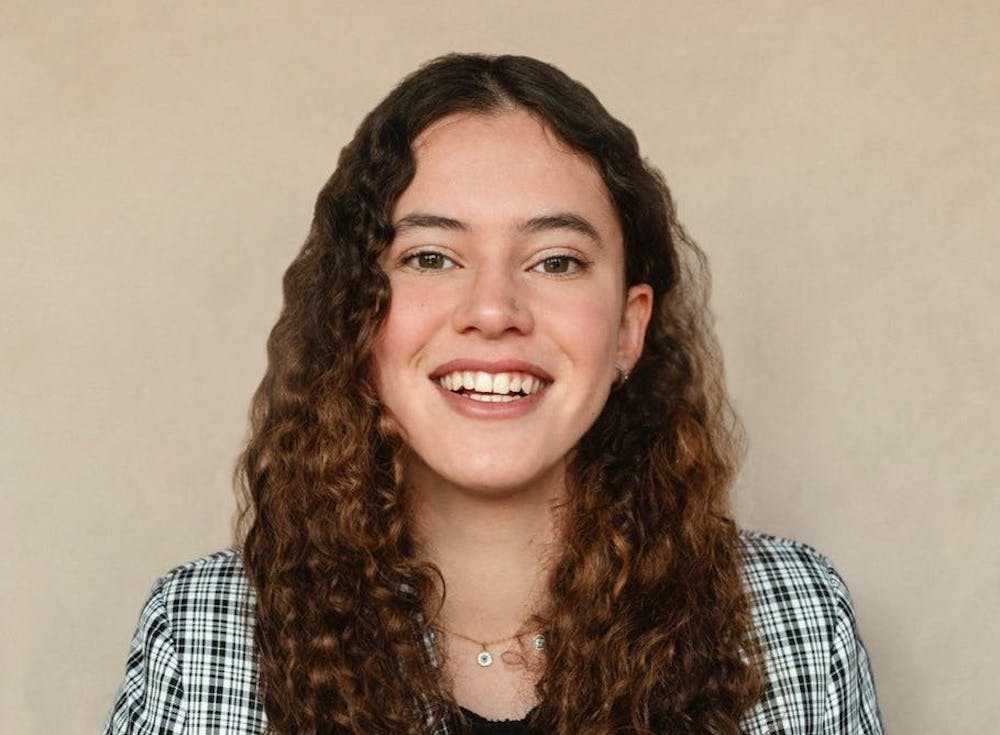As a Colombian in the United States, every time I go places and meet people, they always make assumptions about Colombia and the Colombian people. In a way, regardless of the country that you are from, there are always stereotypes that people are going to have about your place of origin. Still, I never expected to encounter it when interacting with American University students in the School of International Service. I found myself listening to fellow students talk about my culture and my country as if they had lived there their entire lives. The feeling that this created was not because of the various misconceptions about the place that I call home; it was because of the superiority with which they spoke. We, myself included, tend to assume that the knowledge that we have is absolutely right, without even questioning the systems of power in place that influence what knowledge is available to us. Stop and question what you think you know about the place or region that you believe you have studied in depth. You might find yourself realizing that you know very little.
We need to start by opening up a conversation on the idea of knowledge and where it comes from. Knowledge is something we often take for granted as we receive it from someone we accept as an authority figure. It is important to note that in many cases, the knowledge that we consider valuable at AU is from western scholars. This never really came to my attention until I began reading about Latin America and research that scholars have done in my SIS classes. I noticed that there is often an external analysis of Latin America where various aspects are sadly ignored. Regardless of cultural omissions and the lack of true understanding of the region, this knowledge is widely accepted and passed down to students. In a way, it is understandable that the dialogues I had with my fellow students about Colombia were merely based on those external analyses.
Of all the conversations I have had with students about Colombia, there is one that really angered me. Two semesters ago in a World Politics study session, we were having a conversation about the various internal conflicts Latin America had and is currently facing. At one point in the conversation, we began talking about the Colombian conflict and the presence of guerrillas. However, one student decided to bring Pablo Escobar into the picture and mentioned that Colombian culture and economics is merely based on narcotrafficking. I was speechless. What made it worse, however, was the fact that the conversation was followed by the analysis of what other students called “drug culture.” To be honest, I wasn’t really sure what to say, and it sadly made me scared to mention that I was Colombian.
The problem is much deeper than comments in World Politics study sessions. These are the students that will take on public service, and will be influencing and creating U.S. foreign policy. How are we going to be able to make the right decisions about the world if all we have is an external understanding of it? It is important to question the way that we have been taught to see the world and the way that we define those around us.
Therefore, part of the problem is present in the decision making of professors; they have the power to decide what knowledge they share with students and the way that they push students to think beyond stereotypes. It is important to take into account the different positions and ways of thinking within academia and thus include scholars from diverse backgrounds. There is no one more qualified and able to truly understand the culture and situation of a country than someone that has experienced it first hand. Why are scholars from these different places not included more? By fostering an environment where there is openness and inclusion to different perspectives and experiences with the world, there is a greater margin for questioning those stereotypes that have been passed down since the beginning of the study of international relations.
My experience with SIS has definitely not been the one I expected. Even though I was aware of the possible images that people might have of Colombia, I never expected students that are dedicated to the study of the world to be the ones bringing those up. I realized that I also have to participate in the questioning of the knowledge that I have and the possible assumptions that I make. It is time for everyone to begin doing that too. The fact that someone has studied a region or a country does not mean that they fully understand it. Question the knowledge that you take for granted. Believe me, you will realize that the world is not what you thought it was.
Isabela Linares Uscher is a sophomore in the School of International Service and an opinion columnist and assistant copy editor for The Eagle





